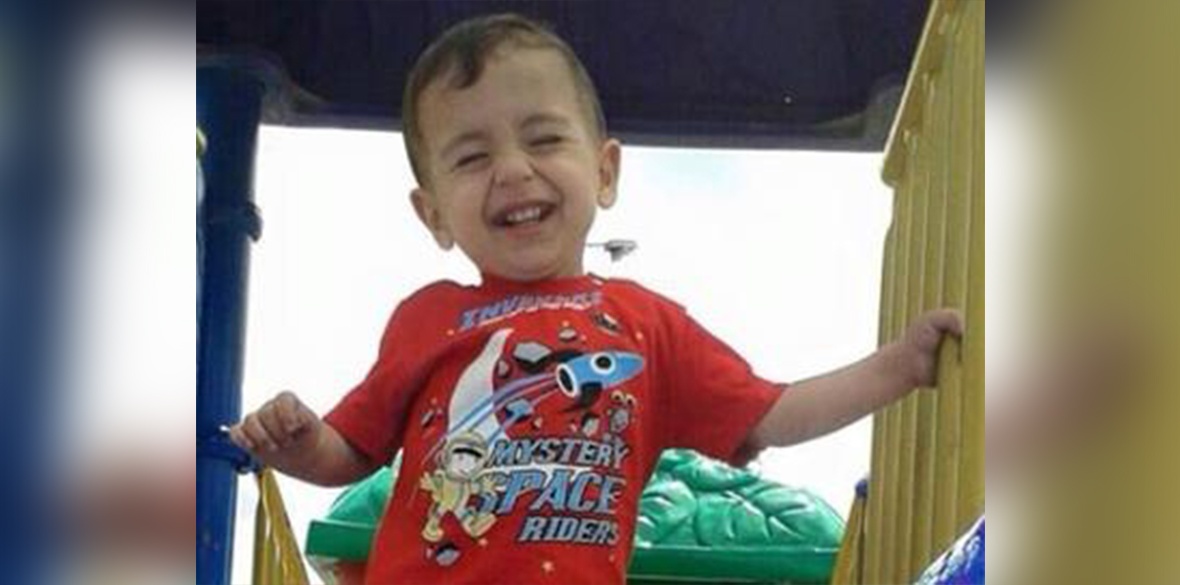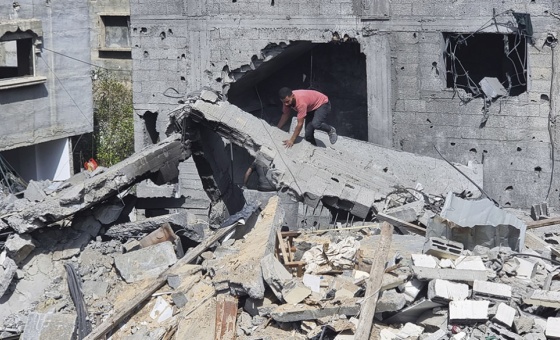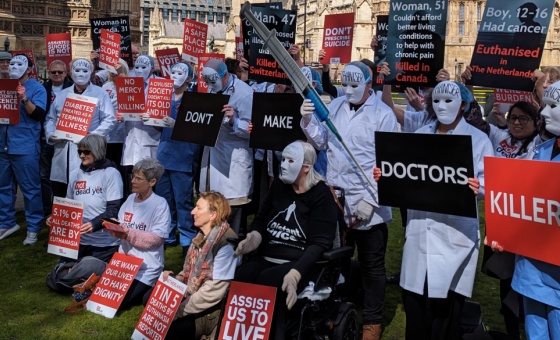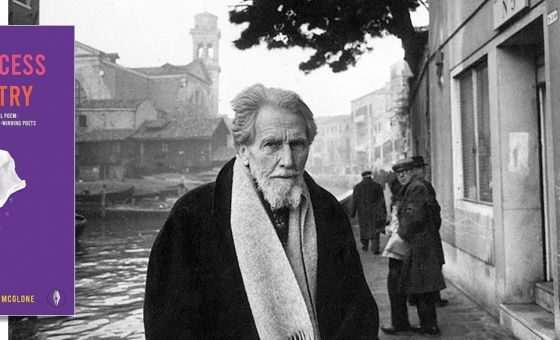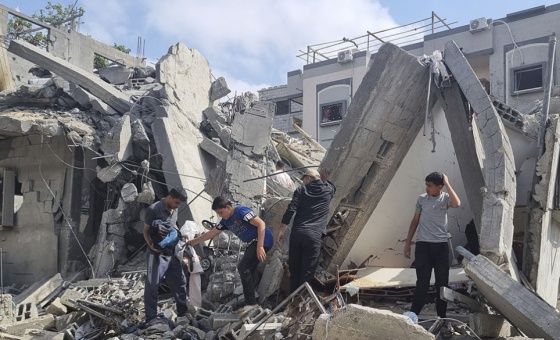This is the last article you can read this month
You can read more article this month
You can read more articles this month
Sorry your limit is up for this month
Reset on:
Please help support the Morning Star by subscribing here
EUROPE'S borders are as deadly as ever, human rights activists told the Morning Star today on the seventh anniversary of the death of the two-year-old Syrian-Kurdish boy Alan Kurdi.
On the evening of September 2 2015, 16 people, including Alan and many of his family members, bordered a small boat in Turkey with the hope of finding safety on the Greek island of Kos.
The family had twice been forced to flee their home city of Kobane, northern Syria, after it was attacked by the terrorist group Isis.
The family’s asylum application to join family members in Canada had recently been rejected on a technicality. And Turkey, then as now, was not a safe place for Kurdish people.
By 5am their five-metre boat had shipwrecked, and the bodies of Alan, his brother and mother, had washed up on a beach near the tourist haven of Bodrum, south-west Turkey.
Alan’s lifeless body was photographed face down in the surf, and featured in newspapers and TV reports across the world.
“With a single photograph, the death of Alan Kurdi seven years ago saw a short lasting, albeit significant, shift in how people responded, and the media portrayed the ‘refugee crisis’,” said Steve Martin from the south-west-England human rights monitoring group Channel Rescue.
“Since Alan’s death, we’ve seen the Mediterranean and Aegean become a mass graveyard. We’ve seen demolitions and evictions of refugee camps throughout Europe, without appropriate policies and alternatives in place.”
Sophie Weidenhiller, the search-and-rescue co-ordinator for the Mediterranean refugee rescue organisation Sea-Eye, told the Star that the situation is as bad as it has been for years, if not worse.
“Currently, the International Organisation for Migration has reported 1,226 missing migrants in the Mediterranean so far this year, that’s five missing persons for every day of 2022.
“Each day we get reports about boats sinking, missing, or being illegally pushed back to the violence that awaits refugees and migrants in Libya.
“For these people, escaping via the Mediterranean is their last and only hope. And it often ends right back where they started: imprisoned, stripped of their rights, or in many cases: in a wet grave at the bottom of the sea.”
A spokesperson from the activist-run hotline organisation Alarm Phone was more hopeful.
He told the Star that while the situation at the borders is still devastating and violent, “we have seen new forms of organising and solidarity along all migratory routes.
“EU border crimes are now exposed and documented every day.
“The rescue organisations keep returning to the central Mediterranean, despite all obstacles put in their paths by EU authorities.
“And, most importantly, people continue to struggle to subvert EU borders — they often succeed in crossing the sea independently, showing that migration will find its way.”

 Ben Cowles
Ben Cowles